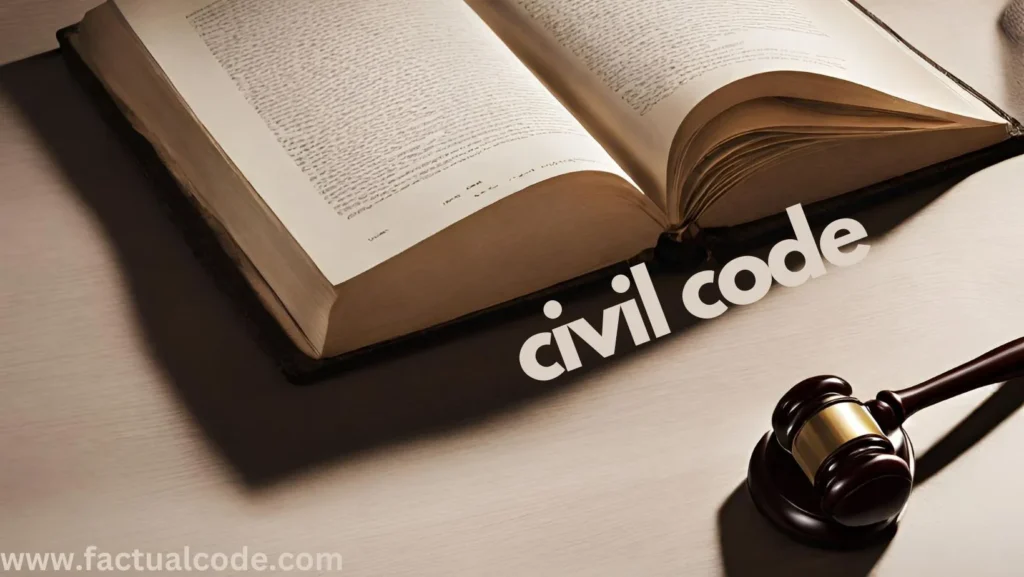Short Version:
The Code of Civil Procedure, 1908 (CPC), provides for the execution of decrees through various means, one of which is arrest and detention of the judgment debtor in civil prison. These provisions aim to balance the decree holder’s right to enforce a decree with safeguards to protect the judgment debtor from misuse of the process.
Legal Framework
Section 51(c):
- Provides for arrest and detention as a mode of decree execution.
- Requires a court inquiry to determine if detention is necessary.
Section 55:
- Details the procedure for arrest and detention, including restrictions on timing and place of arrest.
- Protects women and certain classes of individuals from arrest.
Section 56:
- Prohibits arrest and detention of women in execution of monetary decrees.
Section 58:
- Specifies the detention period based on the decree amount:
- Above ₹5000: Maximum 3 months.
- ₹2000 to ₹5000: Maximum 6 weeks.
- Below ₹2000: Detention not allowed.
- Specifies the detention period based on the decree amount:
Section 59:
- Allows release on health grounds or in case of public safety concerns.
Order XXI, Rules 37–40:
- Mandates a show cause notice before arrest.
- Court inquiry ensures fairness and transparency.
Exemptions
- Judges, magistrates, legislators, and individuals attending court under summons (Sections 135 and 135A).
Case Laws
- Joginder Kumar vs. State of UP (1994): Established safeguards against arbitrary arrests.
- Raman Tech. & Process Engg. Co. vs. Solanki Traders (2007): Prevented misuse of arrest provisions.
Conclusion
Arrest and detention under CPC are judicial tools to enforce decrees but are applied cautiously to prevent abuse.
Long Version:
Introduction
Execution is the process of implementing a court’s decree or order. One such method is arrest and detention under Sections 51(c), 55–59, and 135–135A of the CPC. These provisions ensure compliance while balancing procedural fairness with exemptions for certain individuals and classes. Arrests are carried out under strict judicial supervision and specific conditions to avoid misuse.
Provisions Governing Arrest under CPC
1. Section 51(c): Arrest as a Mode of Execution
- Courts can enforce execution through arrest and detention in civil prison.
- Arrest is conditional and requires the court to conduct an inquiry to satisfy:
- The judgment debtor intends to obstruct or delay execution.
- The judgment debtor has means to pay but refuses to comply.
- The debtor has acted dishonestly, such as transferring property to avoid payment.
2. Section 55: Procedure for Arrest
- Timing and Restrictions:
- Arrest can be made any time, but entry into houses is prohibited after sunset or before sunrise.
- If a woman occupies the room, privacy must be respected. Notice must be given, allowing her time to withdraw.
- Immediate Release on Payment:
- If the judgment debtor pays the decree amount and arrest costs, they must be released.
3. Section 56: Prohibition of Arrest for Women
- Women cannot be arrested or detained in execution of decrees for payment of money, reflecting the law’s intent to provide additional protection to women.
4. Section 58: Detention Period
- Detention in civil prison depends on the decree amount:
Decree Amount Maximum Detention Exceeds ₹5000 Not exceeding 3 months ₹2000 to ₹5000 Not exceeding 6 weeks Below ₹2000 Detention not allowed - A judgment debtor released after detention remains liable for the decree amount but cannot be re-arrested for the same execution.
5. Section 59: Release on Health Grounds
- Illness:
- The court may cancel the arrest warrant if the debtor’s health is seriously endangered.
- If already detained, release is possible for severe illness or contagious diseases.
- Released individuals may be re-arrested if their detention period is within limits under Section 58.
6. Order XXI, Rules 37–40: Arrest Procedure
- Rule 37: A show cause notice must be served to the judgment debtor, requiring them to explain why detention should not be ordered.
- Rule 40:
- Upon appearance or arrest, the court conducts an inquiry to evaluate the necessity of detention.
- The debtor may furnish security or offer payment to avoid detention.
- If the court is satisfied, detention is ordered, but a grace period (up to 15 days) may be granted for payment.
Exemptions from Arrest
Certain individuals are exempt from arrest under the CPC:
Judicial Officers (Section 135):
- Judges, magistrates, and judicial officers cannot be arrested while going to, attending, or returning from court.
Legislators (Section 135A):
- Members of Parliament, State Legislatures, and Union Territory Legislatures are exempt during legislative sessions and for 40 days before and after such sessions.
Others:
- Parties, pleaders, and witnesses attending court under summons are also protected from arrest.
Case Laws
- Mayadhar Bhoi vs. Moti Dibya (1984): Established that detention for monetary decrees requires the debtor to have the means to pay but willfully neglecting or refusing to do so.
- Joginder Kumar vs. State of UP (1994): Emphasized procedural safeguards against arbitrary arrests.
- Raman Tech. & Process Engg. Co. vs. Solanki Traders (2007): Clarified that arrest provisions should not be misused for harassment and must serve genuine enforcement purposes.
Procedure for Arrest and Detention
Notice and Hearing:
- A show cause notice is issued to the judgment debtor, giving them the opportunity to appear before the court.
Inquiry:
- The court hears evidence from the decree holder and provides the debtor an opportunity to present objections.
Conditional Release:
- The debtor may be released upon furnishing security or paying the decree amount.
Detention:
- If the debtor fails to comply, detention in civil prison is ordered for the period prescribed under Section 58.
Conclusion
The provisions for arrest and detention under the CPC are critical tools to enforce judicial decrees. However, these powers are exercised with caution, ensuring procedural fairness, protecting certain classes from arrest, and safeguarding against misuse. The CPC strikes a balance between the decree holder’s rights and the debtor’s dignity, ensuring justice is served without excess or abuse.

